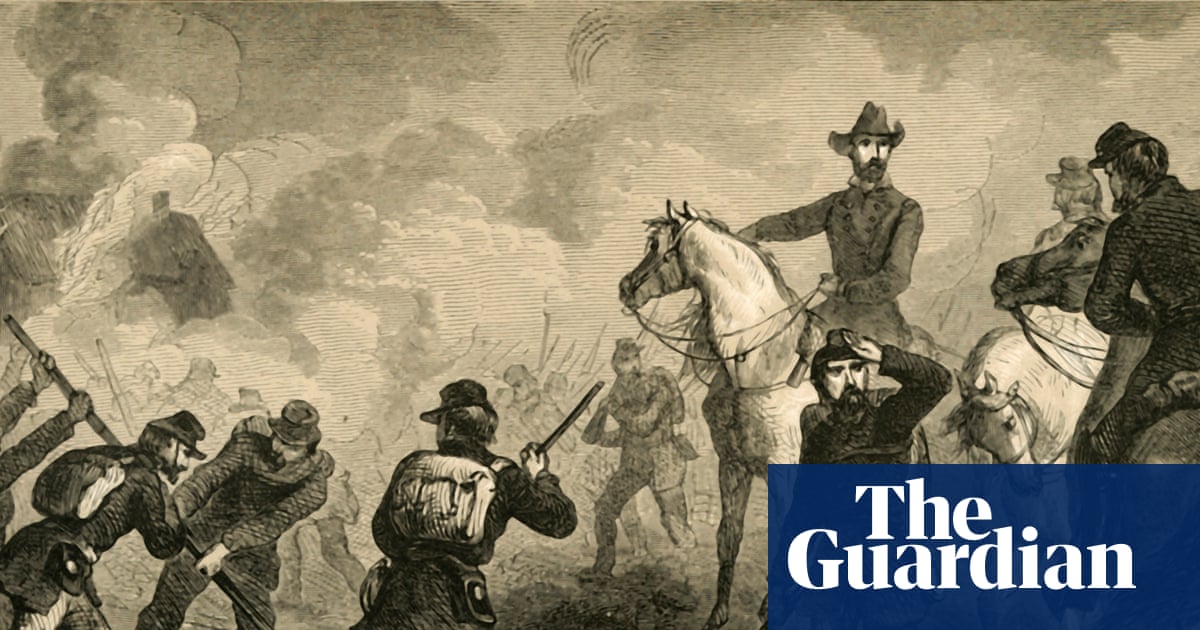
"Sherman's march to the sea, conducted by Union general William Tecumseh Sherman, utilized a scorched earth policy aimed at breaking the support of the civilian population for the Confederacy."
"The popular narrative surrounding Sherman's march, as depicted in Gone With the Wind, does not accurately represent the events and contributes to misconceptions about the scale of destruction."
"Bennett Parten's book, Somewhere Toward Freedom, presents Sherman's march as an emancipatory movement, emphasizing the voices and agency of formerly enslaved individuals."
"Parten argues that the march embodies a moment where ideas of American freedom collided and were continually re-imagined, promoting ongoing reflection on the concept of freedom."
Sherman's march from Atlanta to Savannah during late 1864 was marked by a scorched earth policy to undermine civilian support for the Confederacy. This involved the destruction of military and civilian property, along with raiding farms. The portrayal of the march in film and literature, notably Gone With the Wind, misrepresents its impact, commonly omitting the experiences of enslaved people. Historian Bennett Parten challenges existing narratives by reframing the march as an emancipatory movement, focusing on the active role of formerly enslaved individuals and the evolving ideas of American freedom.
Read at www.theguardian.com
Unable to calculate read time
Collection
[
|
...
]